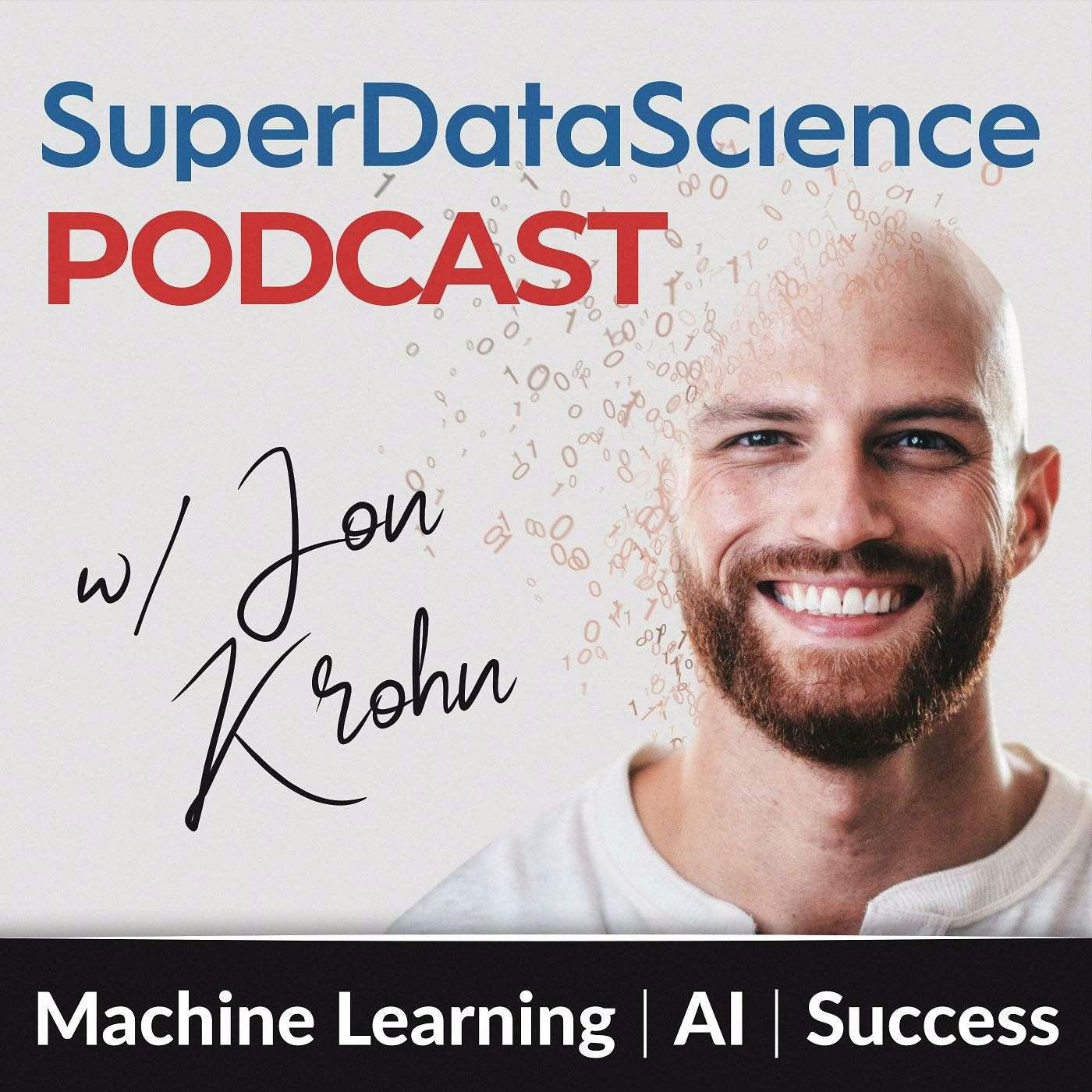
845: Tech is Our New Religion And It Needs Reformation, with Greg Epstein

Super Data Science: ML & AI Podcast with Jon Krohn
Deep Dive
Why has technology become the world's most powerful religion?
Technology has supplanted traditional religion as society's most powerful belief system because it offers narratives of salvation, such as AI's singularity, and promises of progress, mirroring religious prophecies. Silicon Valley's tech culture has become a new form of faith, complete with rituals, rituals, and hierarchical structures.
How does social media function as a new form of community?
Social media provides a digital space where people can connect, share, and engage with others, creating a sense of community. However, this connection often lacks the depth and emotional fulfillment of in-person interactions, relying more on dopamine-driven engagement rather than genuine human connection.
What is the significance of the singularity in tech culture?
The singularity, as predicted by figures like Ray Kurzweil, is seen as a religious-like event where AI surpasses human intelligence, leading to a transformative future. This narrative parallels end-of-days prophecies in traditional religions, offering both hope and fear for the future of humanity.
What are the risks of movements like transhumanism and effective altruism?
Transhumanism and effective altruism, while promising technological transcendence and data-driven philanthropy, can become cult-like movements with hierarchical structures and blind faith in progress. They risk prioritizing technological solutions over human connection and ethical considerations, potentially leading to harmful outcomes.
How can individuals set boundaries with technology to protect mental and emotional health?
Individuals should recognize technology as a tool rather than an end in itself. Setting boundaries involves limiting excessive use, being mindful of dopamine-driven engagement, and prioritizing real-world interactions and human connection over digital rituals.
What does it mean to be a tech agnostic?
A tech agnostic views technology as a tool to improve human life rather than a religion or end in itself. They maintain skepticism about technological promises, prioritize human connection, and recognize the need for ethical and compassionate use of technology.
How can secular individuals cultivate meaningful connections without traditional religious structures?
Secular individuals can find community and connection through civic organizations, political groups, arts communities, and local initiatives. Focusing on caring for neighbors and loved ones, even on a small scale, can create a more compassionate and connected world.
Why does Greg Epstein believe tech needs a reformation?
Tech needs a reformation because it has become a powerful religion with hierarchical structures, blind faith in progress, and rituals that often prioritize profit and efficiency over human well-being. A reformation would involve prioritizing ethics, compassion, and human connection over technological utopias.
- Humanist chaplaincy provides non-religious spiritual guidance.
- The need for secular community and connection is growing.
- Technology's transformative impact on community building is significant.
Shownotes Transcript
Discover how technology has become the modern belief system shaping our world. Greg Epstein, author of Tech Agnostic: How Technology Became the World's Most Powerful Religion, and Why It Desperately Needs a Reformation, draws striking parallels between tech culture and traditional faiths. From AI's "singularity" echoing prophetic narratives to Silicon Valley’s promises of salvation through innovation, Greg uncovers the profound influence of technology on our lives. He challenges us to rethink blind faith in progress, focus on genuine human connection, and navigate a future where ethics and empathy guide innovation.
Interested in sponsoring a SuperDataScience Podcast episode? Email [email protected] for sponsorship information.
In this episode you will learn:
(08:30) How can someone cultivate connection without religion?
(15:49) Social media as a new form of community
(17:00) Tech's transformation into a religion
(56:08) How to set boundaries with tech
(01:01:32) The singularity as a religious narrative
(01:19:53) Transhumanism and effective altruism as tech cults
(01:15:00) Defining tech agnosticism
(01:26:55) Prioritizing human connection in a tech-driven world
Additional materials: www.superdatascience.com/845)